Diet During 1st Trimester of Pregnancy

During pregnancy, your unborn baby gets all their nutrients from you. Healthy food choices before, during and after pregnancy help: you stay healthy and well; and your baby grows healthy and strong.
Healthy eating during pregnancy may also protect your baby against diseases in later life. During pregnancy, you need extra energy and nutrients.
A healthy varied diet is important for you and your baby. The following nutrients are particularly important:
- Folic acid
- iron and vitamin C
- Calcium and vitamin D
- Omega-3 and omega-6 fatty acids.
Folic acid
It is most important in the months before becoming pregnant and the first 12 weeks of your pregnancy. During this time you need to take a tablet that contains 400 micrograms (400µg) of folic acid every day. You can also get folic acid directly from your diet.
Good sources of Folic acid are Green vegetables, such as broccoli, Brussels sprouts and spinach Beans and peas Some fruits, such as oranges Yeast or malt extract Some brands of bread, breakfast cereal, milk and other foods may have folic acid added to them.
Iron and vitamin C Iron
Both are very important to help make the extra blood needed by you and your baby. Vitamin C is also important and it helps your body use the iron from food. Good sources of iron Red meat, such as beef, lamb and pork Chicken and fish
Other (non-meat) sources of iron Eggs Breakfast cereals with added iron Pulses, such as beans, peas and lentils Dried fruit, such as prunes and apricots Green vegetables, such as broccoli and spinach Aim to eat iron-rich foods every day. If you do not eat meat, make sure you include non-meat sources of iron every day combined with food rich in vitamin C to help your body use the iron.
Good sources of vitamin C
Citrus fruits, such as oranges Kiwis Berries Tomatoes Juice made from fruits rich in vitamin C Potatoes Peppers Green vegetables, such as broccoli, brussels sprouts and spinach
Calcium and vitamin D Calcium
Both are important for healthy bones and teeth. Vitamin D helps your body to use the calcium from food. Good sources of calcium Milk Hard cheese, such as cheddar Yogurt Calcium may be added to some brands of breakfast cereals, bread, orange juice and Irish flour. Only small amounts of calcium are found in dark green leafy vegetables such as broccoli and cabbage.
You can make sure you include calcium by having: milk as a drink or on cereal, milk-based drinks, such as milk shakes, soups made with milk, sauces made with milk or with natural yogurt added, cheese as a snack or in a sandwich, or cheese added as pizza. Choose low-fat dairy products – they have the same amount of calcium as higher-fat products.
Good sources of vitamin D
Oily fish, such as herring, mackerel and sardines Egg yolks Small amounts of everyday sunlight – vitamin D is made in the body when skin is exposed to sunlight some brands of milk, breakfast cereal and margarine may have vitamin D added to them
Omega-3 and omega-6 fatty acids
Omega-3 and omega-6 fatty acids are important for developing your baby’s brain and eyes. Good sources of fatty acids Oily fish, such as herring, mackerel, salmon, sardines and trout White fish, such as cod and whiting some vegetable oils.
Other sources of fatty acids
Meat, chicken and eggs Seeds, such as sunflower, safflower, pumpkin and sesame Vegetables Wholegrain slices of bread and breakfast cereals
DAILY EATING PLAN
|
BREAKFAST |
|
Low-fat milk Bread or toast Fruit juice |
|
LUNCH |
|
Cheese, egg, lean meat, chicken, beans or fish Plenty of salad or vegetables Bread or roll Yogurt or glass of milk Fresh fruit Water, milk or yogurt drink |
|
DINNER |
|
Fish, chicken, lean meat, eggs, beans or peas Plenty of vegetables Potatoes, rice or pasta Yogurt Fresh, cooked or tinned fruit Milk or water |









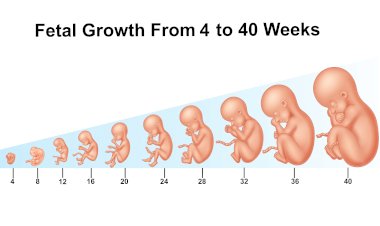
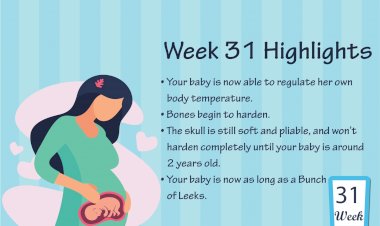



















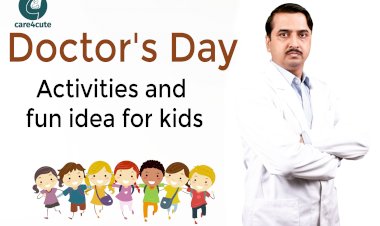
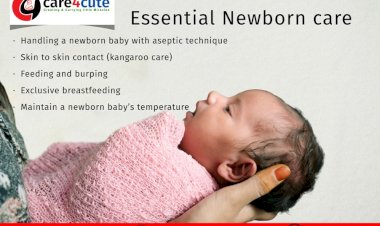

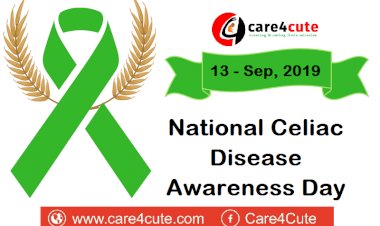


Comments (0)